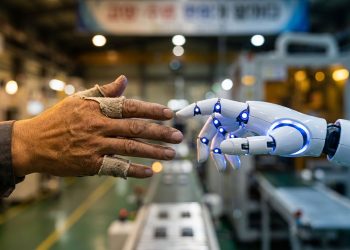Hyundai Motor Co., South Korea’s top automotive manufacturer, will invest $28 million (1 billion baht) in Thailand to establish a new facility for assembling electric vehicles (EVs) and batteries, according to an announcement from the country’s Board of Investment (BOI) on Wednesday.
The new production site will focus on both EV assembly and battery production, aiming to support Hyundai’s capabilities in the growing electric vehicle market. This will enhance the company’s global footprint and contribute to Thailand’s development as a key player in the EV industry.
The Board of Investment (BOI) announced that it has approved Hyundai Mobility Manufacturing Co.’s investment application to establish a local assembly plant for electric vehicles (EVs) and batteries in Thailand. This facility, set to commence production in 2026, will be located in Samut Prakan Province, near Bangkok. The plant will not only assemble EVs but also produce an equal number of EV batteries.
Hyundai aims to capitalize on Thailand’s growing EV sector, which is currently dominated by Chinese automakers such as BYD and Great Wall Motors. The new factory is expected to leverage Thailand’s supply chain. Hyundai plans to source at least a third of its raw materials and parts locally, thereby supporting the domestic industry.
BOI Secretary General Narit Therdsteerasukdi highlighted that Hyundai’s investment shows Thailand’s appeal as both a manufacturing hub and a prime market for electric vehicles. The project is anticipated to strengthen Hyundai’s position in the Southeast Asian EV market and support the country’s evolving role in the global automotive industry.
The Thai government has set a target to replace 30% locally produced vehicles with electric cars by 2030. To support this goal, it has introduced a subsidy scheme for companies that establish local production facilities for electric vehicles. This initiative aims to boost the adoption of EVs and encourage investment in Thailand’s growing electric vehicle sector.
Electric vehicle sales are rapidly increasing across Southeast Asia, with BYD leading the charge and impacting the market share traditionally held by Japanese and Korean automakers. According to Counterpoint Research, Thailand, the region’s largest automotive manufacturing hub, represented 55 percent of all EV sales in Southeast Asia in the first quarter.
Also Read:







